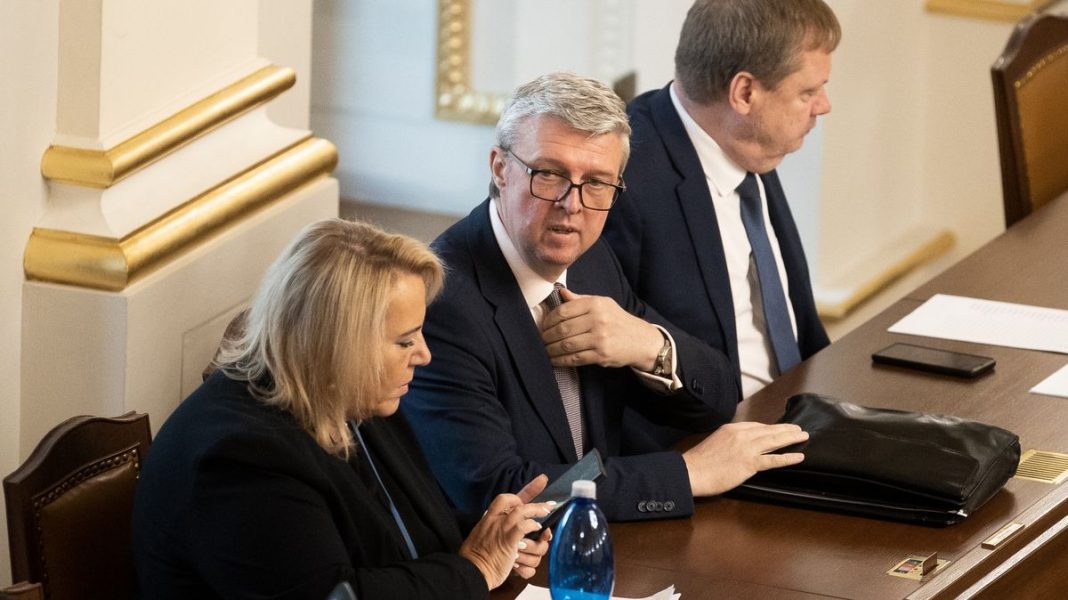In a recent development, the ANO political party in Czechia is reported to be considering the discontinuation of a key munitions initiative. This move, if carried forward, could have significant implications for the nation’s defense strategy and manufacturing sectors.
Reasons Behind the Potential Discontinuation

The ANO party, under the leadership of Andrej Babiš, has been reviewing several national projects to align with evolving political and economic priorities. The munitions initiative, which aimed to bolster Czechia’s defense capabilities, is now scrutinized due to financial constraints and shifts in international strategic alliances.
Critics argue that the discontinuation could leave gaps in the country’s defense readiness, while supporters suggest reallocating resources to more critical areas. The decision reflects broader debates within Czech politics regarding the balance between national defense and economic pragmatism.
Impact on the Defense Sector

The potential cessation of the munitions initiative raises concerns about its impact on the local manufacturing industry. Czechia has a significant history in arms production, and such a decision might affect jobs and contracts. Defense contractors who rely on government projects could face reduced orders, necessitating strategic shifts or diversification.
Moreover, the decision could influence international partnerships in defense manufacturing, affecting collaborations between Czech companies and their European counterparts. The reassessment of priorities could necessitate renegotiations or even the cancellation of existing agreements.
Political Reactions and Public Opinion

The ANO party’s contemplation of halting the munitions project has elicited mixed responses from other political factions. Opposition parties are likely to use this move to question the government’s commitment to national security, while allies may support a more nuanced allocation of resources.
Public opinion is divided, with some citizens advocating for continued investment in defense projects, citing regional threats, and others calling for a reallocation to social and economic programs that address immediate needs. The public discourse reflects a broader tension between security and socio-economic welfare.
Long-Term Implications

If ANO decides to move forward with the discontinuation, it may set a precedent for future defense strategy decisions in Czechia. The change could signal a shift toward international collaboration for defense needs rather than maintaining a robust independent production capability.
Additionally, this strategic decision may influence how Czechia is perceived on the global stage, impacting its role and reliability in European security endeavors. The country’s defense doctrine could increasingly emphasize partnerships over self-reliance.
As the ANO party deliberates on this crucial decision, stakeholders across various sectors will be keenly monitoring the potential outcomes and their implications for Czechia’s future.





